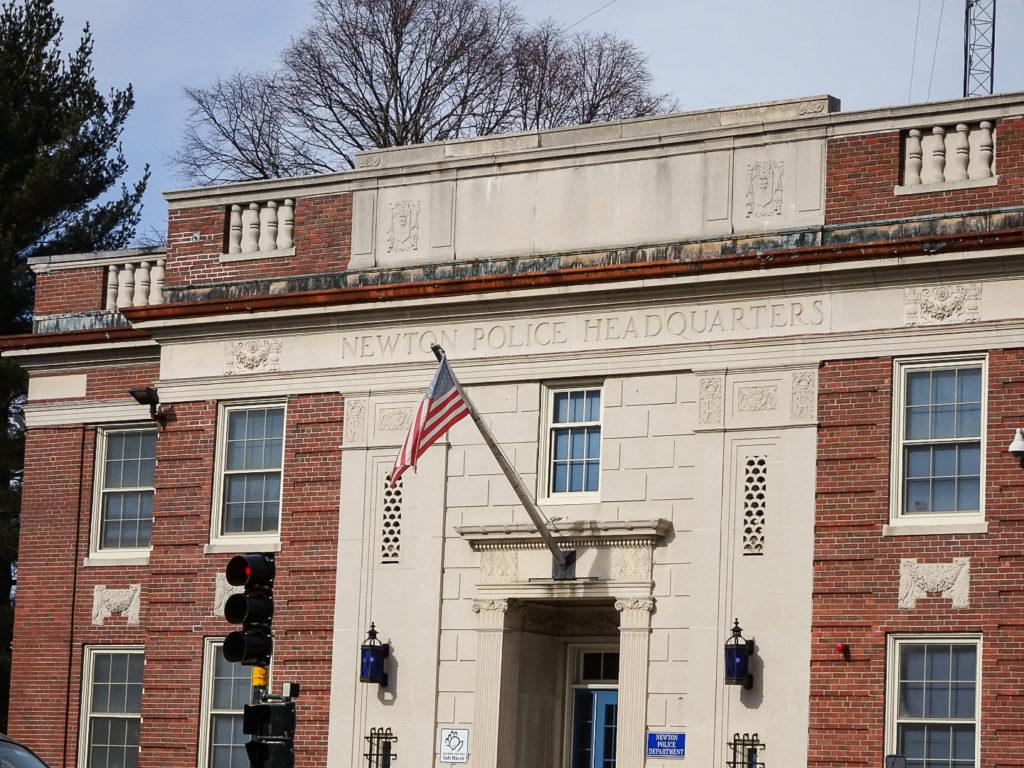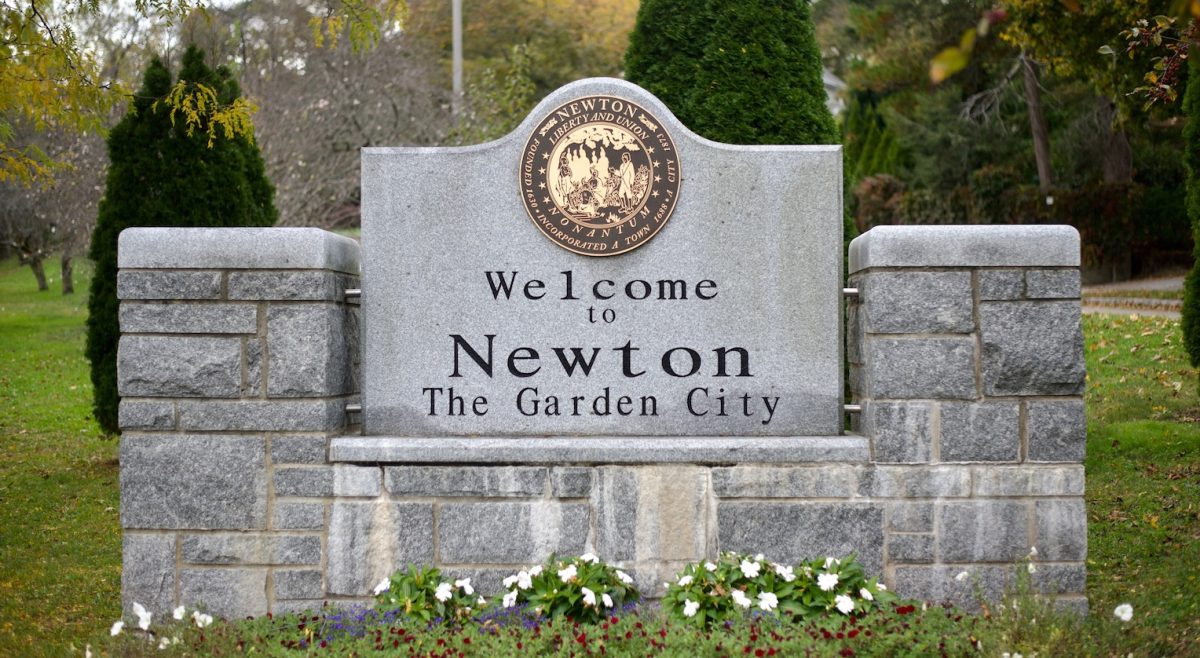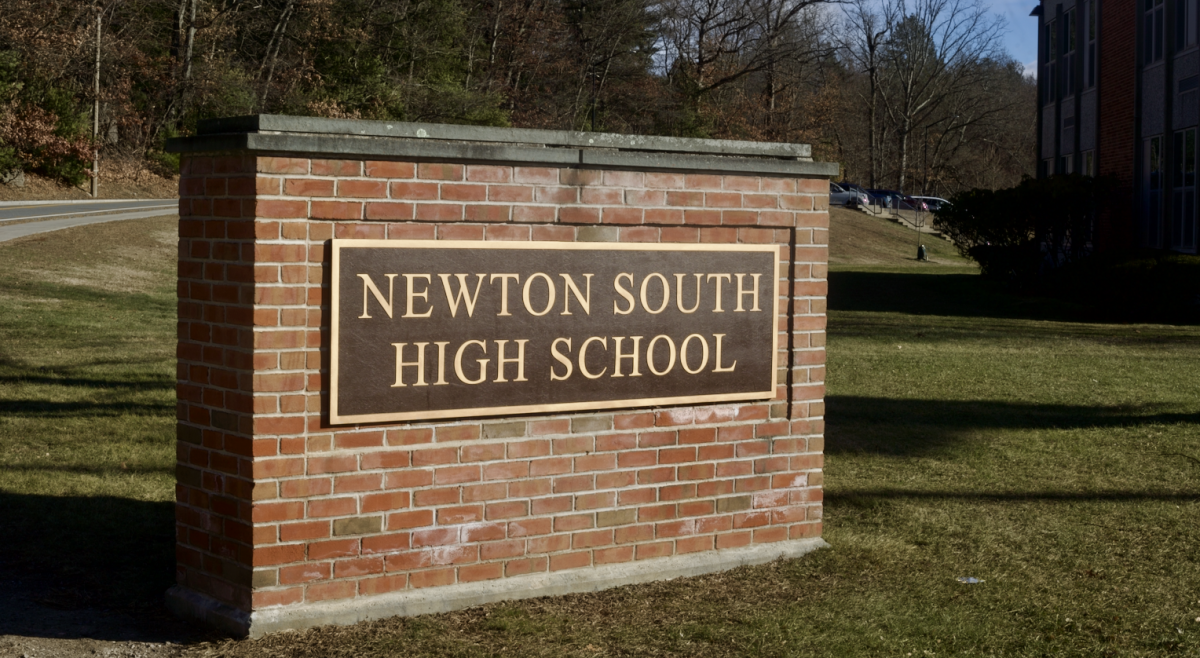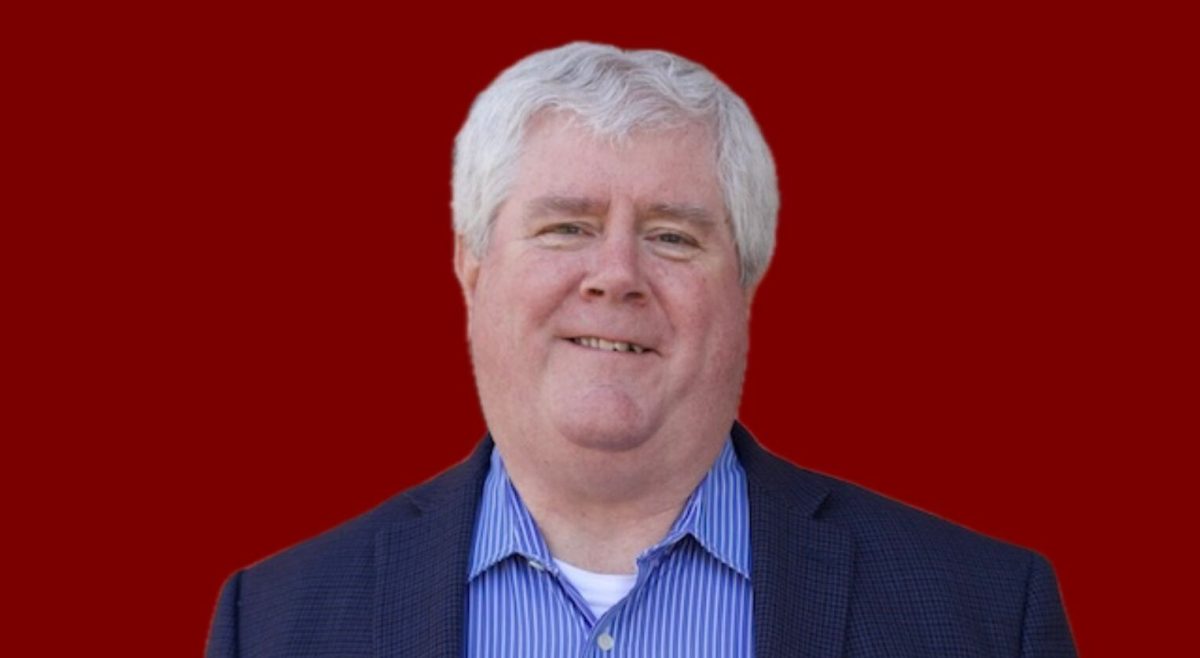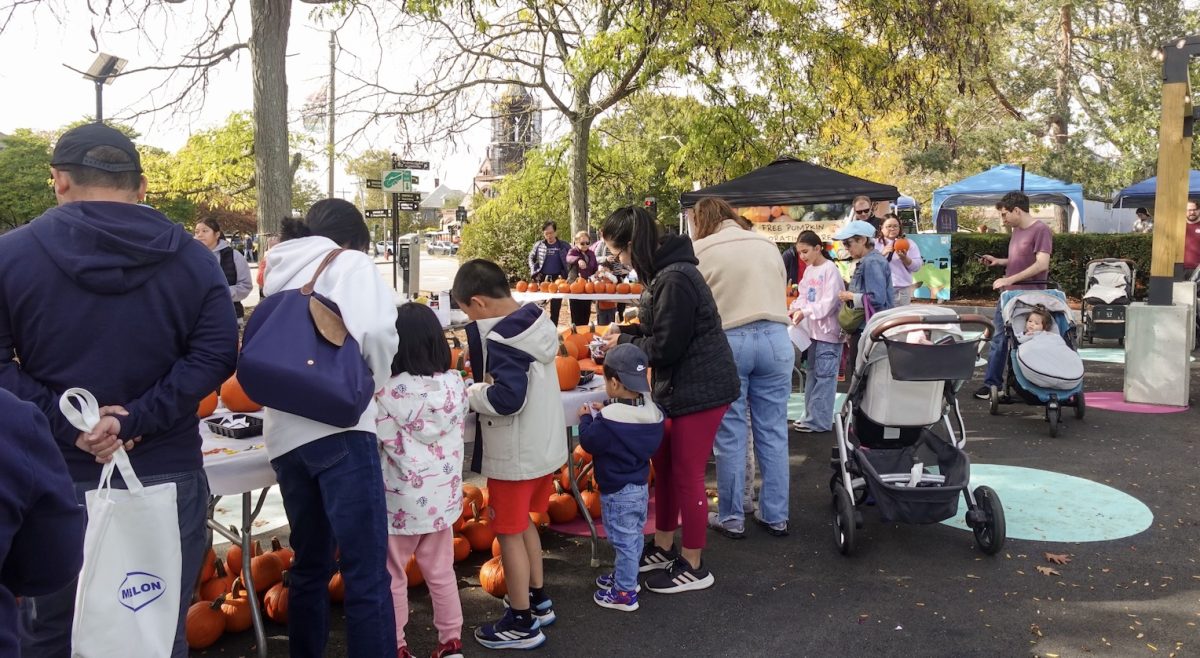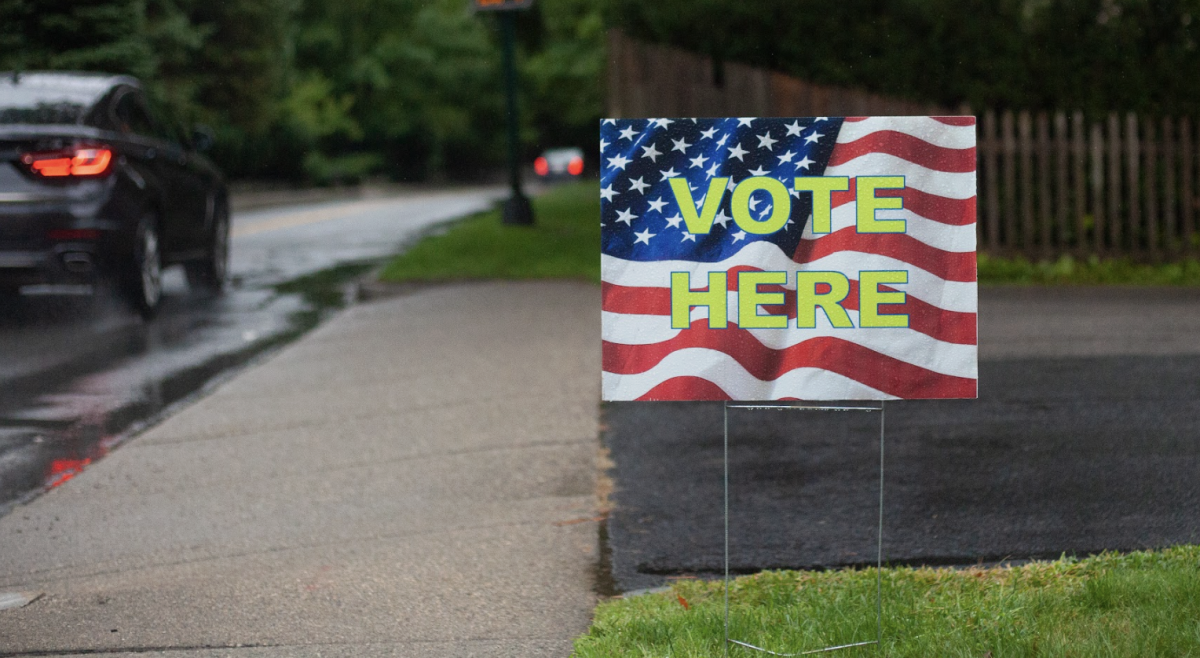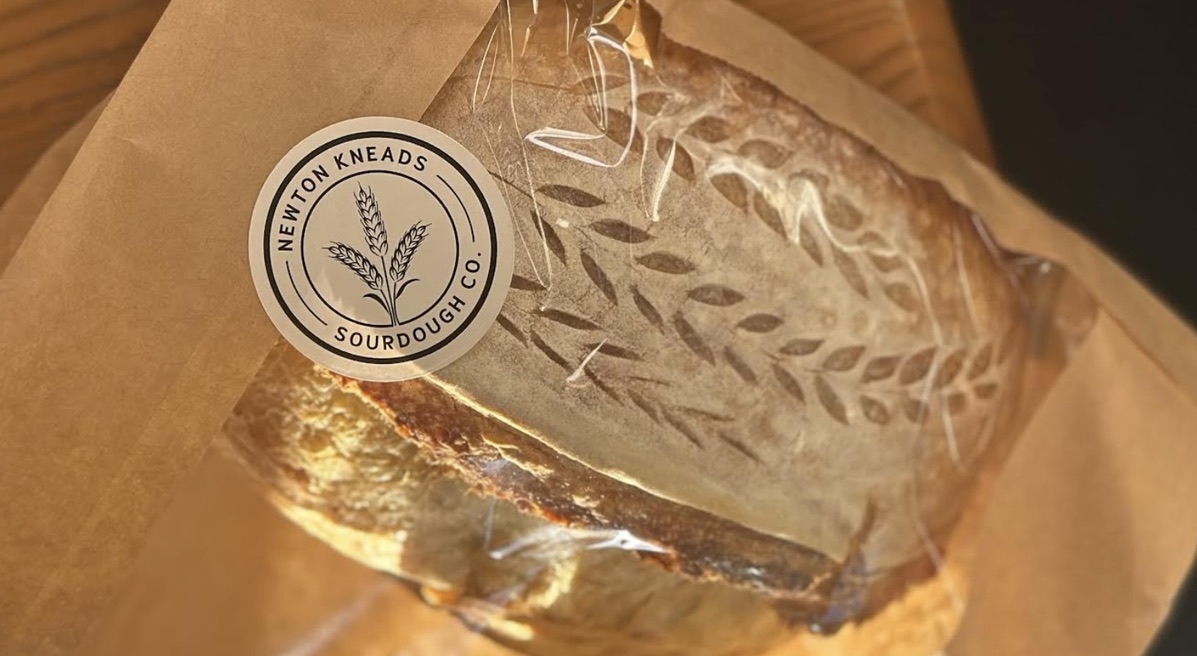Community Outreach Officer Justin Lau outlined the role of police officers in the community and recognized the importance of engaging with the public.
“The police shouldn’t be known as just enforcers. We’re supposed to be guardians of the community,” Lau said. “We’re supposed to be incorporated into the community … I want the public to interact with us in a more informal fashion like this.”
Residents raised concerns about the lack of frequent anti-racism or unconscious bias training for police.
“There’s always been an emphasis on police protecting people’s constitutional rights, that’s one of our first and foremost responsibilities,” Interim Police Chief Howard Mintz said. “And, it’s supposed to be done very equally … Do we always achieve that perfectly? No, but we strive to.”
All superior staff in the NPD—anyone who is a sergeant and above—participated in implicit bias training around 2013, according to Mintz. Since then, this training has been included in superior staff service training programs.
“In other words, if we don’t treat every group fairly and equally, then we’re not a legitimate organization,” Mintz said. “And that’s what we strive for. So that is something that we’re working on. We certainly monitor our activity and police nationally have been under the microscope on that issue. So it’s something that we’re concerned about and work on all the time.”
Lau described that training sessions occur frequently throughout the year and include shooting and CPR recertification, law updates, and crisis intervention training. Mintz said that the NPD also holds mental health training because of the increase in mental health calls in recent years, and has a a social worker on staff. The subject of the training session differs depending on what the department predicts will be needed in the foreseeable future.
Mintz stated that de-escalation training in particular is something the NPD has been working on for a while.
“There’s a scenario where one of our officers actually role plays with the officers, doing something dangerous and being a threat,” Mintz said. “The officers will be instructed how to back away and talk to this individual, so we can have a safe result with the person and the officers, so that neither one is injured.”
Mintz also emphasized that the NPD uses less-than-lethal tools. One of these includes a beanbag shotgun, which fires a sock that has a bagged material in it to temporarily stun the person. The NPD also does not use tear gas and only employs the use of pepper spray when necessary.
“We have instruments that we can use that will not harm the person, and will hopefully allow us to take the person into custody or more likely the hospital, rather than to the cell block,” Mintz said.
Mintz said that after the Capitol riots on Jan. 6, multiple citizens inquired about the police turning into militia members. Mintz said he believes the hiring process, which involves extensive background interviews and psychological tests, would rule out somebody who would be “influenced by a militia or some sort of conspiracy theorist type of group.”
Mintz noted that the rise of social media has caused a lot of debate, and questioned where “a police officer’s First Amendment right stop or start?”
Mintz said that officers retain their First Amendment right to freedom of speech and that the NPD does not actively check its officers’ social media accounts.
“If what [an officer] is doing interferes with the mission of the organization, the success of the organization, and how we treat a citizen, then we have an interest and can take action,” Mintz said.
As a part of the series, the next virtual “Conversation with a Cop” will be on March 17 at 5 p.m., providing another opportunity for citizens to voice their concerns to the NPD.
“Police reform has been on the forefront of a lot of people’s minds. I can assure the public, and I’m very proud to say, that a lot of excellent work is being done,” Mintz said. “I think a lot of people can be very encouraged by having [officers] that are guardians, that they can call upon … We are always reflecting on our performance and upgrading the organization and ourselves.”
Featured Image by Keara Hanlon / for The Heights

